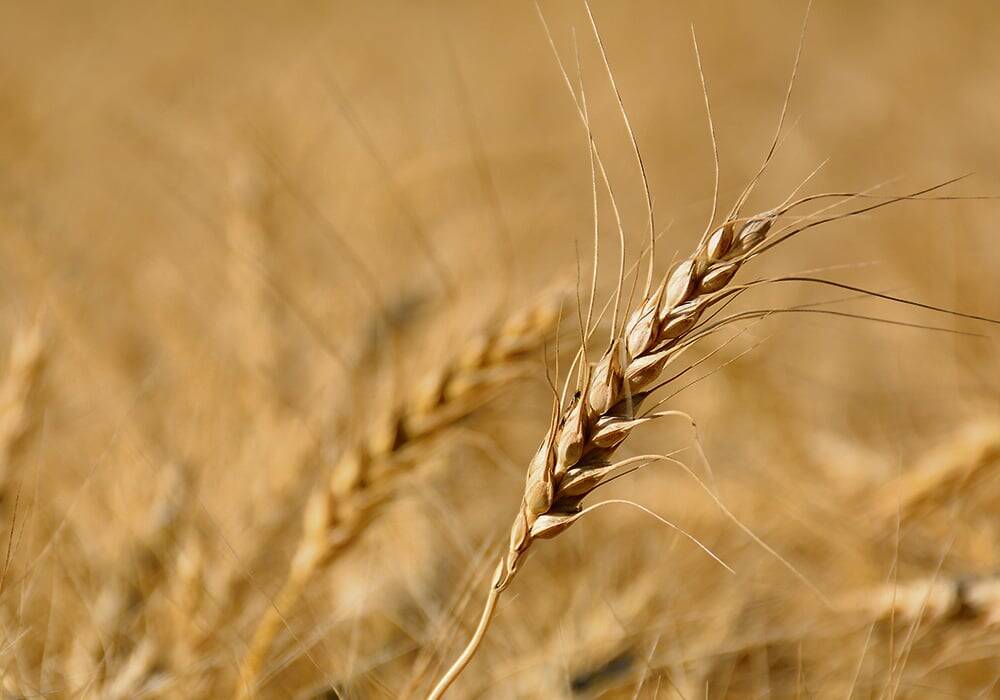Feeder cattle in Western Canada are starting to move south to the U.S. to be finished because of tight Canadian feed supplies, according to industry officials.
Both feed barley and feed wheat supplies are on the tight side, but logistical problems are only making the situation worse.
“Seasonally, we’re going into a time of year where moving grain is difficult from the farm gate to the end user,” said Jim Beusekom, a trader with Marketplace Commodities at Lethbridge, Alta.
Feed grains almost always go directly from the farm gate to the end-user, and spring in Western Canada is a bad time for movement because of the spring melt and road bans.
Read Also

Prairie CWRS bids rise, other wheats mixed
Canada Western Red Spring (CWRS) wheat bids across the Prairie provinces saw some strength during the week ended Nov. 11, taking some direction from the United States futures. However, other wheat classes were mixed.
“When there are logistic hiccups like there are at this time of year, the supply is always tight,” said Beusekom. “So, even if there are supplies physically on farm, it’s hard to get them to the end user.”
In the U.S., it’s much easier to get feed supplies because it’s a more fluid market, so finishing cattle there is less difficult than in Western Canada.
Some feeder cattle are also being sent to be fed in the U.S. because feed grains are less expensive there.
Prices for feed grains, such as barley and wheat, are on the higher side in Western Canada because farmers are holding out for stronger prices.
But, they can only go so high before cattle get sent south to the U.S. and producers look for alternative feeding options — both of which are starting to happen, Beusekom said.
More corn distillers grains (DDGS) are being imported into Western Canada from the U.S. because corn prices have seen some steady declines recently, making values attractive.
“Corn distillers grains are trading about 10 to 15 per cent higher than barley or wheat, which is right in line because they’re worth that much more,” said Beusekom. “So, on a relative feed value, corn distillers grains are the cheapest commodity.”
Feed barley values in Lethbridge were around $251.32 per tonne as of Thursdasy, while average feed wheat prices in the region were $265.13, according to data from the Alberta Canola Producers Commission.
— Terryn Shiells writes for Commodity News Service Canada, a Winnipeg company specializing in grain and commodity market reporting.













